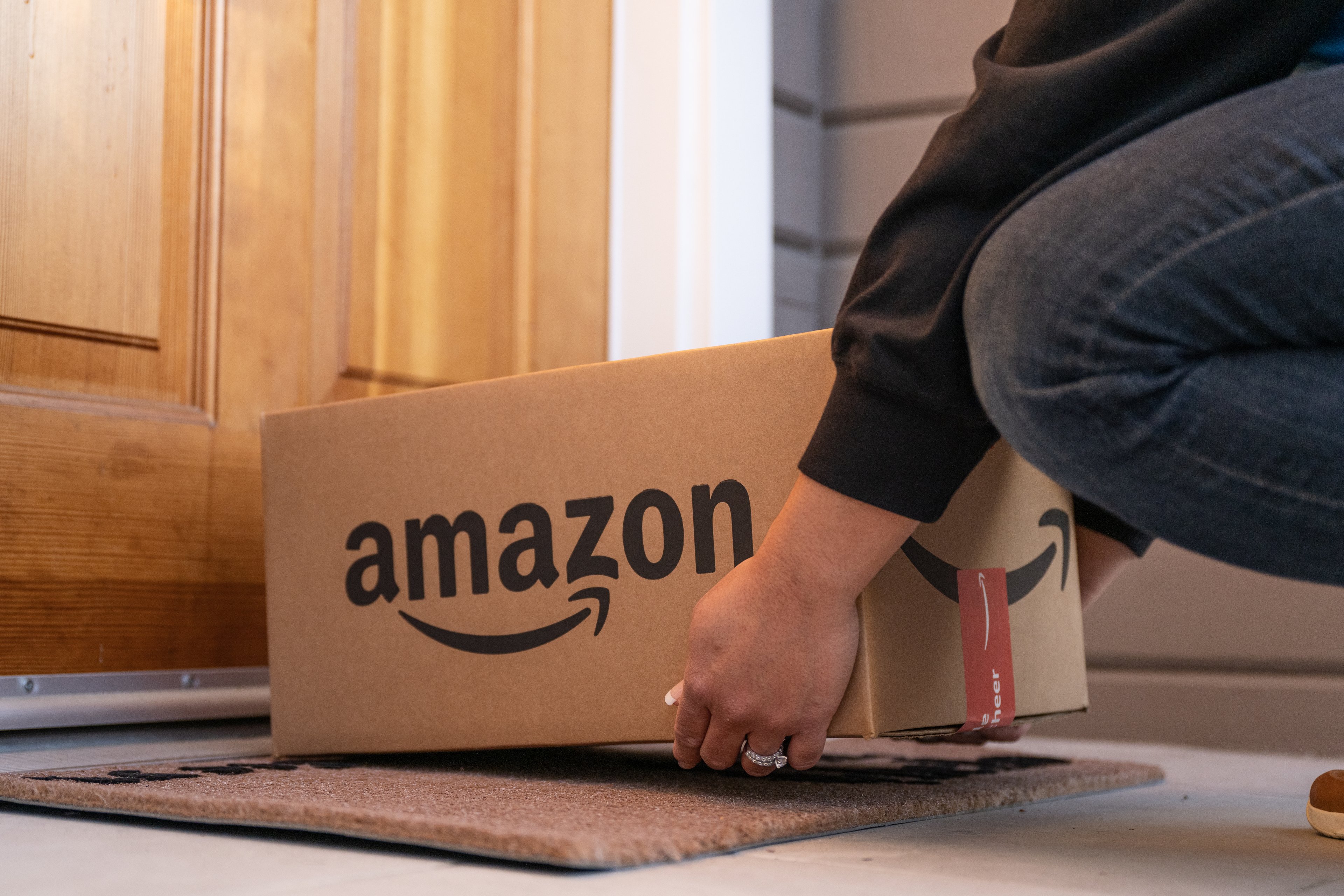I've owned Amazon (AMZN +1.59%) for several years and recently bought more shares. Some people assume a high-flying growth business like Amazon can't be undervalued because it has a big valuation relative to its current earnings and cash flows. But what really matters is the future cash flow stream. I think Amazon shares reflect modest long-term expectations for that cash flow stream relative to what I think is likely. Here's why.
Still only scratching the surface of global e-commerce
For all the talk of Amazon's dominance, the company's e-commerce business still has a very small share of retail sales. Over the last 12 months, Amazon has generated $171 billion of net sales in its retail business.
However, Amazon's net sales include its sales to customers but only the commission it earns on sales by third-party sellers on its platform. So a more accurate measure of all value of all goods sold on Amazon is gross merchandise volume (GMV), which includes both sales volume directly from Amazon itself and from third-party sellers on Amazon's marketplace.
Amazon's GMV was north of $250 billion last year and is likely closer to $300 billion today. Considering that global retail sales reached an estimated $25 trillion last year, Amazon's market share of global retail sales is only about 1.2%. While Amazon will not dominate retail or even e-commerce in every country -- it is irrelevant in China, for example -- it still has a huge runway to grow over the long term.

Image source: Amazon.
Amazon Web Services has a massive runway
Amazon Web Services (AWS) is the leading public cloud business by a large margin. Last quarter, AWS generated $9 billion of net sales, implying a $36 billion annual run rate. Remarkably, this is a business that only publicly launched in 2006. The No. 2 competitor in what's also known as the infrastructure-as-a-service (IaaS) market is Microsoft's (MSFT 1.53%) Azure.
Microsoft does not disclose Azure's revenue and instead lumps it in with a number of other businesses in its Intelligent Cloud segment. However, third parties have estimated Azure's annual revenue run-rate was about $11 billion last year. Bigger picture, AWS boss Andy Jassy recently indicated AWS is targeting the $3.7 trillion global IT market, 97% of which is still on-premise, meaning on corporate-owned servers and data centers rather than a third-party provider's. In other words, this is an absolutely massive market that's extremely underpenetrated.
The big new businesses Amazon will likely build
Consider Amazon's remarkable track record of inventing big new businesses from scratch -- the third-party marketplace, Kindle, AWS, and Echo to name a few. Given that history and its pioneering culture, it would be too conservative to assume the company won't be successful building any big new businesses in the future.
We know the company is working feverishly on new ventures -- in healthcare with its acquisition of Pillpack and its involvement "solving" healthcare alongside Berkshire Hathway and J.P. Morgan, in global logistics and shipping by opening up its own infrastructure for use by third-parties, in low orbit satellite technologies to bring internet access to underserved markets, and the list goes on and on.
Amazon is the only company I can think of that innovates at such a breakneck pace. Most companies just seek to grow and expand in their core business, but Amazon is constantly working on building the next big business. It's a huge bonus that goes underappreciated.
The stock is reasonably priced
Amazon's stock looks expensive on the surface, but the company is and always has been reinvesting its cash flows from cash cow businesses like the third-party marketplace into a dizzying array of investments.
These include new fulfillment and sortation center capacity, research and development on drone delivery, smart speakers, new devices, artificial intelligence and machine learning, healthcare initiatives, licensed and original content for Amazon Prime Video, heavy growth investments in India, and all sorts of newer business lines and innovations we don't even know about yet. Many of these investments are reflected in the company's income statement and therefore depress current reported earnings, making Amazon's stock look much more expensive than it really is.
Supporting this point, Amazon board member and former PepsiCo CEO Indra Nooyi has recently bought 100 Amazon shares on the open market on two separate occasions, once in September at $1,726 per share and again this week at $1,875 per share. While Nooyi appears to be accumulating shares to satisfy the company's director share ownership guidelines, she'd still be unlikely to invest hundreds of thousands of dollars out of her own pocket if she thought the shares weren't a good investment.










